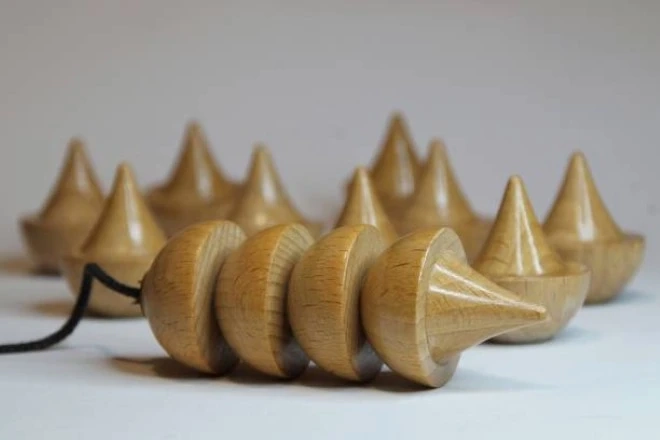Dowsing is the practice of using rods or pendulums to locate objects. Also known as divining, dowsers believe the rods move in response to invisible energy vibrations.
Spiritual dowsing is nothing devilish or satanic, it’s simply a way to connect with Divine energy. Benefits include sleeping better, money flowing more easily, romance, concentration and healing.
Detecting Water
When it comes to finding water, dowsing is often touted as a powerful and practical tool. Because drilling a well can cost thousands of dollars, people are understandably hesitant to gamble on a dry hole and many turn to a local dowser for advice on where to locate the most reliable and economical supply. Check out EMF Protection page for authentic information.
Traditionally, a dowser uses two long rods, usually steel welding rods bent in an L shape with the long ends held level and apart from each other. One end is positioned over the ground while the other is held loosely by the hands of the dowser and pointed toward the source of water. The dowser is said to be able to feel the energies surrounding the water and when they pass over it, the rods will swing in an unnatural way, indicating that a source of water lies nearby.
Unfortunately, every properly conducted scientific test of this practice has found that dowsers are no better than chance when it comes to finding water. The U.S. Geological Survey offers a simple explanation for this: "in many areas, underground water is so prevalent close to the surface that it would be hard to miss."
Detecting Minerals
Dowsing, also known as divination or witching, involves the use of forked twigs or metal rods that are supposed to move when they come into contact with water or underground minerals. It has been used for centuries, and although there are many anecdotal reports of success, it has never been shown to work in controlled scientific tests.
Those who practice dowsing believe that spirits, mysterious Earth energies or a mystical force guide them to objects they're seeking, such as water, money, lost treasure or buried minerals. Others believe that the dowser's own physical characteristics and emotional state affect their ability to detect things.
Regardless of its validity, there are benefits to using dowsing. It can help locate buried utilities, and it is sometimes more accurate than conventional methods such as electromagnetic locating or ground penetrating radar. But it should never be considered a substitute for above-ground visual cues or a utility map, which can provide the most reliable results.
Detecting Energy
Dowsing is used to find underground water sources, lost objects, buried treasure and even help diagnose illnesses. It can also be used to connect with a higher power and expand consciousness.
Many dowsers claim to be able to locate buried items such as metals or utilities using their dowsing rods, forked sticks or pendulums. But while some people swear by dowsing's usefulness, a number of blind studies have found that dowsers perform no better than chance when trying to locate objects.
As a certified Environmental Healer and Dowser, I have worked with clients to clear their spaces of negative energy that can interfere with health, sleep, relationships, work, and general well-being. I use dowsing to locate and clear Geopathic Stress lines and Negative Energy Vortexes in homes and businesses that can cause health, emotional and psychological issues. These sessions can be done in person or at a distance. For best results, cleanse your dowsing tool and charge it with your energy before using.
Detecting Stress
Dowsing is a useful tool for detecting stress, which can be caused by a variety of things. It can be helpful in determining the cause of stress, such as lack of sleep, money problems, romance issues and difficulty concentrating.
A dowser uses a rod or pendulum to search for objects, water, minerals, lost items and other physical phenomena. A dowser believes that the pendulum, which is usually made of wood or crystal and hangs from a chain or string, has a mystical energy. When asked a question, the dowser expects the pendulum to respond with movements that convey information or answers.
While dowsing has shown some success, it remains a controversial topic. Researchers have tested dowsing and found that inexperienced dowsers perform no better than chance when using their rods to locate buried bones, for example.



